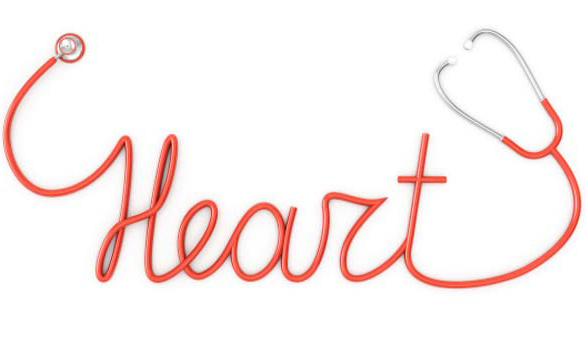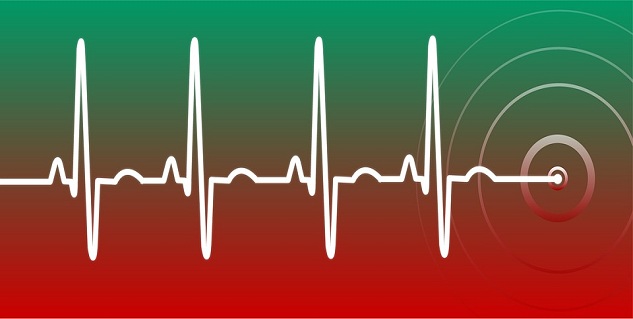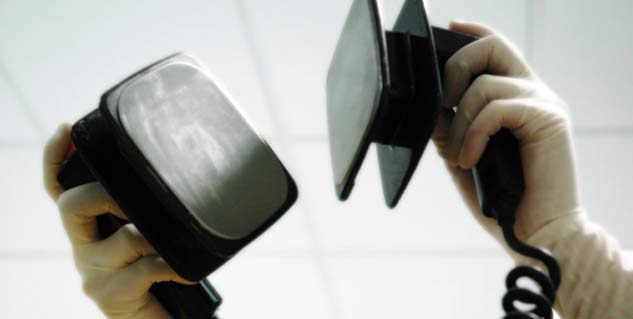
When the rhythm of your heart becomes irregular it is known as arrhythmia or dysrhythmia. This may sound simple but, its intricacies can give you sleepless nights. A normal heart rate of a person is 50 to 100 beats in a minute. It is not necessary that arrhythmias and an abnormal heart rate occur together. Arrhythmias can occur with a normal heart rate or with a slowed down heart rate, which is less than 50 beats in a minute. Besides, arrhythmias can also occur with increased heart rates, which is when the heart beats faster than 100 beats per minute.
Table of Content:-

So, What Causes the Heart to Beat Abnormally?
There are various factors contributing to a slowed down or an increased heart rate. These causes include:
- Coronary artery disease
- Imbalance of electrolyte in the blood
- Changes in the muscle of your heart
- Injury caused by a heart attack
- The healing process that takes place after a heart surgery
- Abnormal heart rhythms that can also take place in healthy hearts
How do you Identify the Problem?
Arrhythmia causes symptoms which may not be very evident or sometimes it also is possible that you may see no symptoms at all. A health care provider can detect a problem with your heartbeat during a physical exam by checking your pulse or by conducting a test using electrocardiogram.
The symptoms of arrhythmia when seen include the following:
- Feeling of a skipped heart beat or palpitations. This may also make you feel like your heart is running away.
- Pounding in the chest
- Dizziness or the feeling of light headed
- Breathlessness
- Discomfort in the chest
- Fatigue or weakness
How to Detect the Problem?
As the symptoms of this problem may not be visible it is important to conduct test to diagnose arrhythmia or to determine the cause of the problem. The tests that can be used to diagnose the problem include:
- Electrocardiogram
- Holter monitor
- Event monitor
- Stress test
- Echocardiogram
- Cardiac catherterization
- Electrophysiology study
- Head-up tilt table test

What can Help?
Besides the medication you take to treat your abnormal heart beats there are some lifestyle changes that can help you treat the condition. As soon as you are diagnosed with arrhythmia and you know that it has occurred as a result of a certain activity, you must avoid get cautious.
If you smoke, stop doing it.
- Reduce your alcohol intake
- Avoid or limit your consumption of caffeine
Avoid stimulants used in cough and cold medication. This is because some of the medications contain ingredients that can cause irregular rhythms.
Having an unhealthy heart can cost you your life. Be cautious by observing the symptoms and seek medical help before matters go out of hand.
Image source: Getty
How we keep this article up to date:
We work with experts and keep a close eye on the latest in health and wellness. Whenever there is a new research or helpful information, we update our articles with accurate and useful advice.
Current Version